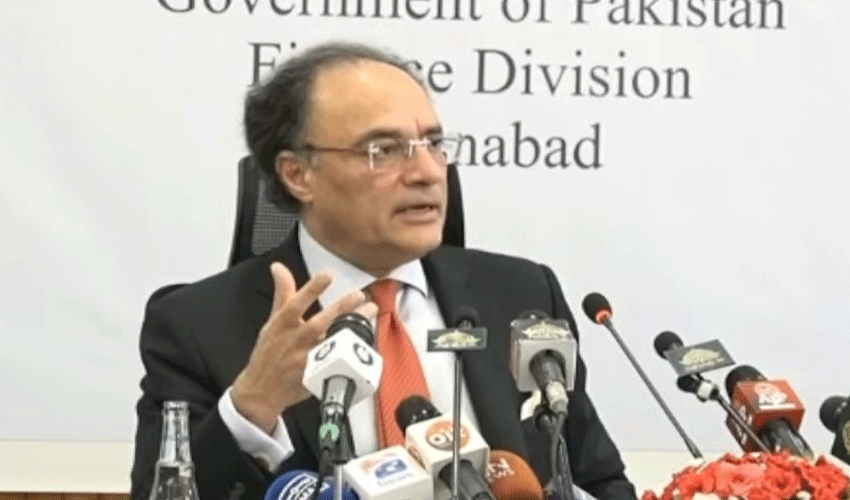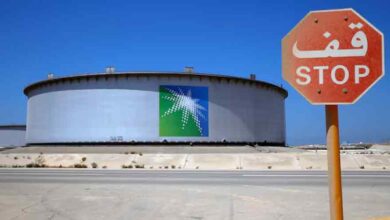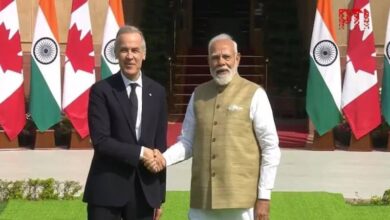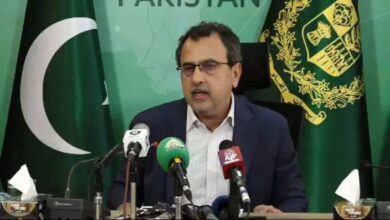Finance Minister Muhammad Aurangzeb said on Monday that Pakistan’s economy grew by 2.7% in 2025.
According to details, Aurangzeb had released the National Economic Survey 2024–25 during a press conference. The session was also attended by Finance Secretary Imdadullah Bosal and other key members of the economic team. Chief Economist Dr Imtiaz Ahmed presented the survey document to the finance minister.
On this occasion, Aurangzeb said: “Economic indicators have improved under the leadership of Prime Minister Shehbaz Sharif and the increase in GDP reflects signs of economic progress. Inflation has significantly declined and that the country is moving in the right direction.”
“The policy rate has been reduced from 22% to 11%, while the debt-to-GDP ratio has improved, falling from 68% to 65%. The economic recovery, which began in 2024, has continued into 2025. At the global level, there has been a slowdown in overall GDP growth, but Pakistan’s performance must be viewed within this broader context,” he said.
He maintained: “Our economic recovery should be seen in light of the global landscape,” adding that professional boards have been appointed in DISCOs and that NTDC has been divided into three companies as part of governance reforms. Improvement in governance has contributed to the momentum of recovery.
“In the energy sector, efforts are under way to eliminate both legacy issues and ongoing leakages. The state-owned enterprises (SOEs) continue to pose a challenge, with losses amounting to Rs800billion,” he said.
“Fitch upgraded Pakistan’s credit rating; Moody’s outlook also turned positive. Pakistan received the latest IMF tranche despite all challenges. The IMF approved climate financing for Pakistan. Pakistan received the IMF tranche on merit, despite opposition. Economic security is vital for national security,” said the finance minister.
He maintained: “International financial institutions and friendly nations stand with Pakistan. Local investment will attract foreign investment, the Minister added. The Special Investment Facilitation Council (SIFC) is focused and will prove to be a game-changer. Rs30billion were raised through Sukuk bonds.”
“We must rely more on domestic resources. Projects to address climate change will begin next year. Government intervention in major crops, including rice and maize, has ended. There has been an increase in agricultural lending,” he said.
“Agricultural loans have surpassed Rs2trillion. The maturity of Sukuk and long-term loans has been extended. Our aim is to reduce debt-to-GDP ratio below 65%. The Debt Management Office is being strengthened. Income tax filers have exceeded 3.7 million,” he maintained.
“There has been a 178% increase in high-value filers. The external sector faced twin deficits. The current account showed a surplus of $1.9billion. Remittances may reach $38billion by June,” the finance minister said.
He said: “Roshan Digital Accounts have surpassed 800,000—they play a significant role. Tax revenues increased by 26% from July to May. Contributory pension reforms have been implemented.”
“First, we must stop the losses; only then can we solve the problems. The rightsizing initiative involves 43 ministries and over 400 departments. Details of the progress on rightsizing will be shared in the upcoming budget,” he said.
The finance czar said: “Rightsizing is being carried out in phases. Several departments have been merged or dissolved. Pakistan’s foreign exchange reserves have increased.”
“The aim of the IMF programme is to bring macroeconomic stability. The economy is now moving in the right direction. The economic DNA must be restructured for sustainable progress. Structural reforms are essential for long-term improvement,” he said.
“Technology is being widely used in tax reforms. This reform process will continue; performance so far has been positive. The energy sector has seen significant recovery within a year. Governance has improved, and losses are expected to decline,” he said.
Lavishing his praise on the Pakistan Armed Forces for giving befitting response to India, Aurangzeb said: “Our armed forces have demonstrated strength against India. India’s executive director attempted to block the IMF meeting and also tried to halt the agenda for the next tranche.”











